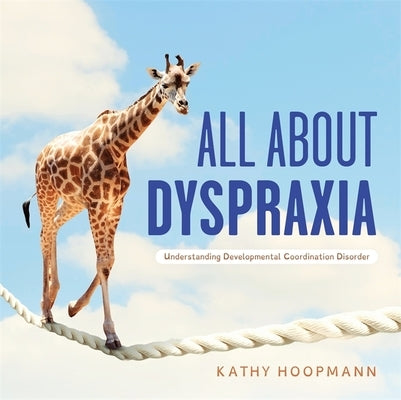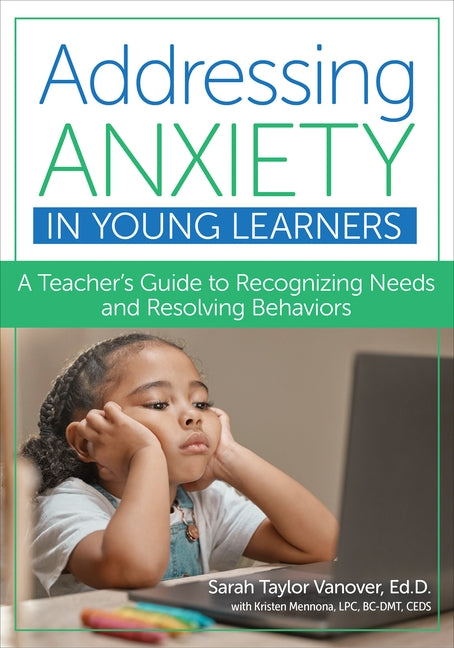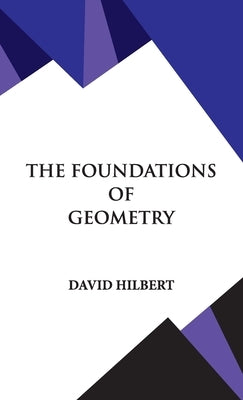Catch-Up Math: 2nd Grade
$24.99
Powerful Teaching: Unleash the Science of Learning
$21.99
$30.00
The Philosophy of Rest
$32.99
$34.95
Plotting: How To Have A Brain Child
$31.99
$33.95
The Meaning of Masonry
$19.99
$20.95
Reading Comprehension, Grade 1
$4.99
$5.99
Nonfiction Reading Comprehension Grade 3
$6.99
$8.99
Fine-Motor & Scissor Skills, Grade PreK
$5.99
$6.99
Theater Games for the Classroom: A Teacher's Handbook
$21.99
$24.95
Get Organized Without Losing It
$7.99
$10.99
Reading Comprehension Grade 5
$4.99
$5.99
University of Connecticut
$17.99
$24.99
Coaching Students with Executive Skills Challenges
$39.99
$40.00
All about Light and Sound
$9.99
$12.99
The Chocolate Story
$12.99
$13.99
Bible Characters: New Testament
$4.99
$5.95
The Foundations of Geometry
$23.99






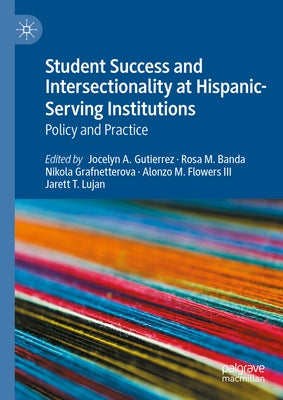



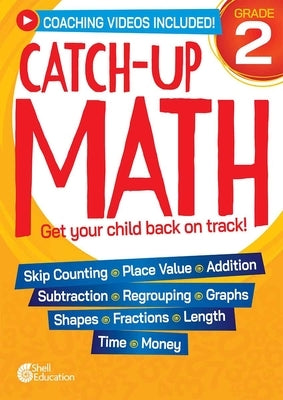

















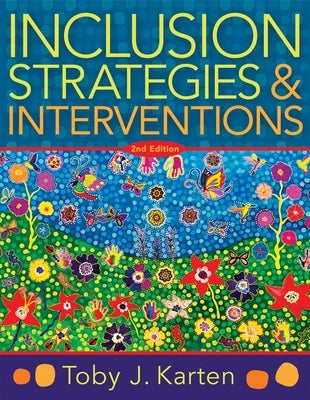
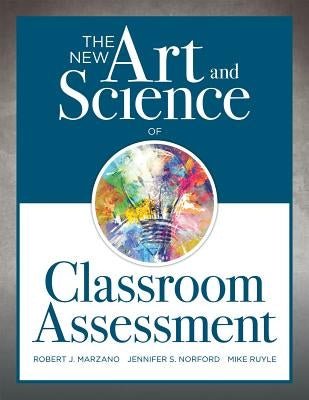





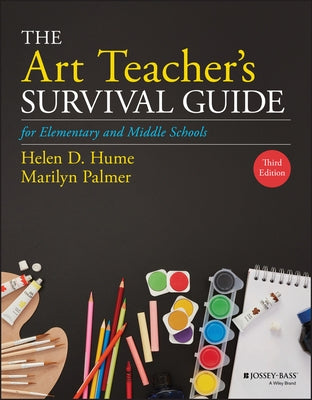
![Increasing Fluency with High Frequency Word Phrases Grade 1 [With 2 CDROMs] by Rasinski, Timothy](http://surprisecastle.com/cdn/shop/files/img_4b7fb4ef-97a7-4109-b852-849fb83d4727.jpg?v=1731307212&width=533)



